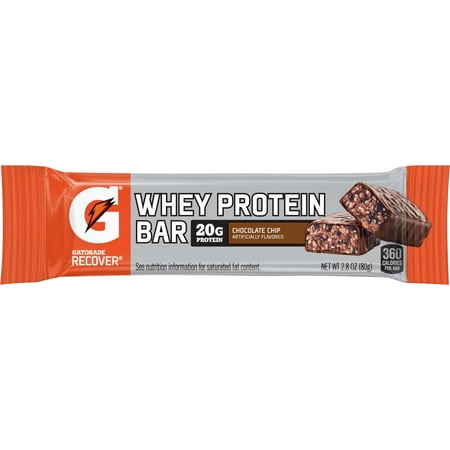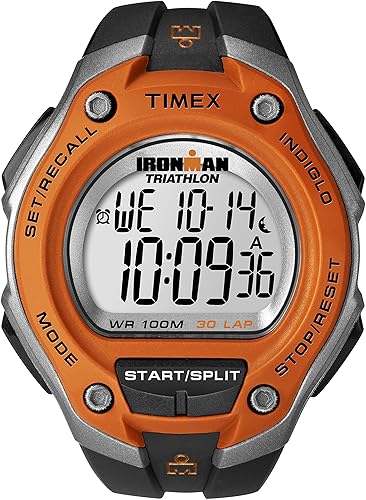On Wednesday, 8/1, I will need 8 guys to help at a fundraiser, 10am-3:30pm, at the Centerton Country Club. Please let me know if you are available.
We will begin our regular July training sessions after the holiday.
Tuesday mornings, 8:30-10:30, at the Tennis Courts
Thursday evenings 6-8pm at the Track
Saturday mornings 8:30-10 at Parvins Beach Entrance
Tuesday's - Returning runners 8:30-10:30am. Freshman can come at 9am (because Coach Bagley will arrive a little late). We will gather at the Tennis Courts bleachers.
At our session, 6/18, we talked about training in the heat and practiced hydration during our session. We did a series of 8 runs of various distances and intensities. We did circuit drills between some of the runs and finished in the Weight Room.
On Thursday, 6/14, I went over the following:
1.Everyone needs to have their parents/guardian complete the Summer Participation Form
2.You will need the following...
-You will need proper training shoes for the summer
-You will need a wrist stopwatch
-You will need a protein supplement on hard workout days
3.Communication Rules
I will communicate to you through this web site (you are accountable for info I post) and by group text messaging, and sometimes personal messages.
-Please do not reply to group messages by communicating to everyone. You can PM each other, or me if you need to.
-When I send you a message PLEASE DO NOT respond by saying "OK" or something similar. You are teens with phones; I'm sure you will get the message. I don't want to check my notification sounds any more than I have to.
However, if you have a question THAT IS NOT COVERED on the web site, you may text me to ask.
We will begin our regular July training sessions after the holiday.
Tuesday mornings, 8:30-10:30, at the Tennis Courts
Thursday evenings 6-8pm at the Track
Saturday mornings 8:30-10 at Parvins Beach Entrance
Tuesday's - Returning runners 8:30-10:30am. Freshman can come at 9am (because Coach Bagley will arrive a little late). We will gather at the Tennis Courts bleachers.
At our session, 6/18, we talked about training in the heat and practiced hydration during our session. We did a series of 8 runs of various distances and intensities. We did circuit drills between some of the runs and finished in the Weight Room.
On Thursday, 6/14, I went over the following:
1.Everyone needs to have their parents/guardian complete the Summer Participation Form
2.You will need the following...
-You will need proper training shoes for the summer
-You will need a wrist stopwatch
-You will need a protein supplement on hard workout days
3.Communication Rules
I will communicate to you through this web site (you are accountable for info I post) and by group text messaging, and sometimes personal messages.
-Please do not reply to group messages by communicating to everyone. You can PM each other, or me if you need to.
-When I send you a message PLEASE DO NOT respond by saying "OK" or something similar. You are teens with phones; I'm sure you will get the message. I don't want to check my notification sounds any more than I have to.
However, if you have a question THAT IS NOT COVERED on the web site, you may text me to ask.
Coach Bagley





